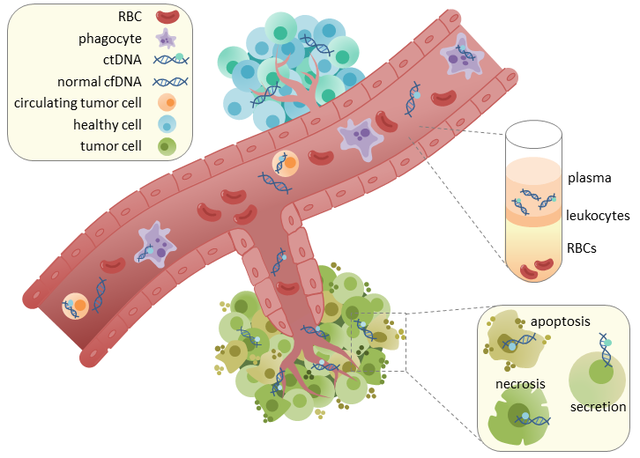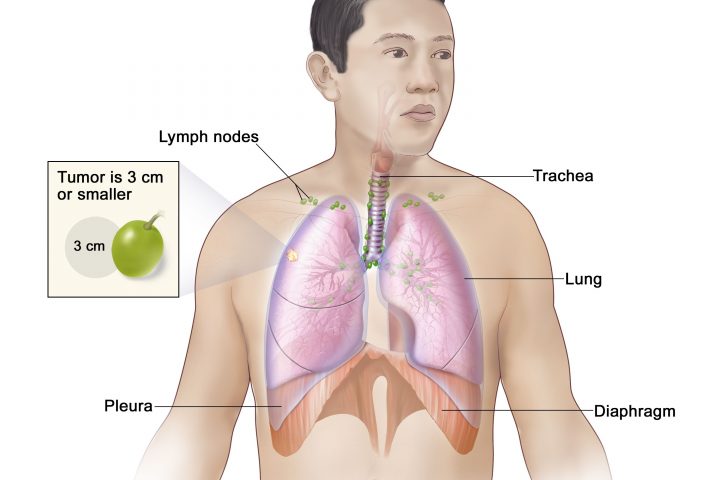By Dr. Aakash Desai
KEYNOTE-789: No Significant Efficacy Benefit with Addition of Pembrolizumab to Chemotherapy in TKI-Resistant, EGFR-Mutated Metastatic Nonsquamous NSCLC
Key Points:
- The KEYNOTE-789 trial did not show a significant improvement in PFS or OS with the addition of pembrolizumab to chemotherapy for patients with TKI-resistant, EGFR-mutated metastatic nonsquamous NSCLC.
- Greater efficacy was suggested in patients with higher PD-L1 expression. Future research should further investigate this potential benefit.
- There is a critical need for more effective treatment strategies and better patient selection for immunotherapy in this population.
During the 2023 ASCO Annual Meeting, findings from the randomized, phase 3 KEYNOTE-789 trial were presented by James Chih-Hsin Yang, MD, PhD, of the National Taiwan University Hospital and National Taiwan University Cancer Center, in Taipei, Taiwan. This trial investigated the efficacy of adding pembrolizumab to chemotherapy in patients with tyrosine kinase inhibitor (TKI)-resistant, EGFR-mutated metastatic nonsquamous non–small cell lung cancer (NSCLC).
Although there was a trend toward improved progression-free survival (PFS; HR 0.80; P = .0122) and overall survival (OS; HR 0.84; P = .0362) with the addition of pembrolizumab, these differences did not meet the prespecified statistical boundaries. Consequently, adding pembrolizumab to chemotherapy in this patient population is not currently recommended.
KEYNOTE-789 was designed to address the limited treatment options in the TKI-resistant setting, a common issue among patients with EGFR mutations. Of note, a greater benefit with pembrolizumab was observed in patients with PD-L1 tumor proportion score ≥ 1%. This potential benefit will be the subject of further investigations. Identifying and effectively targeting the population that benefits from immunotherapy remains challenging.
Findings from the KEYNOTE-789 trial are consistent with results from CheckMate-7221, another trial that also reported no significant improvement in PFS with the addition of nivolumab to chemotherapy in patients with recurrent, TKI-resistant metastatic NSCLC. Recent trials IMpower-1502 and ORIENT-313 have shown a PFS benefit with the addition of an antiangiogenic agent and immunotherapy to chemotherapy in patients with TKI-resistant, EGFR-mutated NSCLC. The data suggest that antiangiogenic therapy may enhance the activity of chemoimmunotherapy in these patients. Ongoing trials are further investigating this potential therapeutic approach. However, until then, based on the consistent results from CheckMate-722 and now KEYNOTE-789, the role of immunotherapy in patients with recurrent, TKI-resistant metastatic NSCLC remains questionable.
References:
- Mok T, Nakagawa K, Park K, et al. Nivolumab + chemotherapy versus chemotherapy in patients with EGFR-mutated metastatic non-small cell lung cancer with disease progression after EGFR tyrosine kinase inhibitors in CheckMate 722. Paper presented at: ESMO Asia Congress 2022; December 2-3, 2022; Singapore.
- Reck M, Mok TSK, Nishio M, et al. Atezolizumab plus bevacizumab and chemotherapy in non-small-cell lung cancer (IMpower150): key subgroup analyses of patients with EGFR mutations or baseline liver metastases in a randomised, open-label phase 3 trial. Lancet Respir Med. 2019;7(5):387-401.
- Lu S, Wu L, Jian H, et al. Sintilimab plus bevacizumab biosimilar IBI305 and chemotherapy for patients with EGFR-mutated non-squamous cell non-small-cell lung cancer who progressed on EGFR tyrosine-kinase inhibitor therapy (ORIENT-31): first interim results from a randomised, double-blind, multicentre, phase 3 trial. Lancet Oncol. 2022;23(9):1167-1179.






